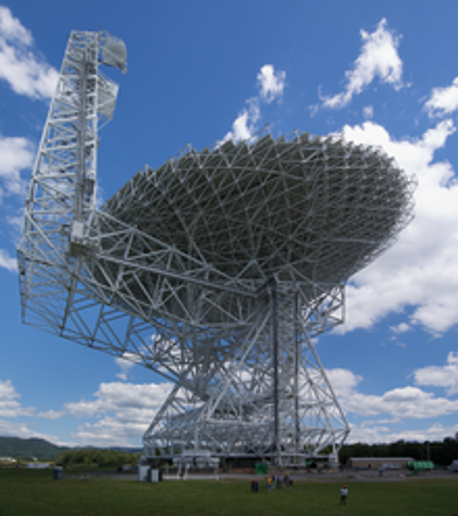HUMANS - TO THE UNKNOWN
- Anay Baid
- Jul 12, 2021
- 3 min read
Updated: Nov 4, 2021
We as humans have always tried explore, understand, and explain the origin and nature of life in the universe, and to apply the knowledge gained to inspire and guide present and future generations. This is essentially all a part of our innate curiosity and the desire to know more and more about what lies beyond, of what lies into the vastness of the unknown. We all have collectively stood for this in the many decades and centuries of our existence and have inevitably tried to create frameworks and systems to bring life and logic to our arguments. This may be coined as UFO Sighting or even strange formations in space, which fuelled our innate curiosity. However, our approach to all of this hasn’t always been exactly true or even accurate. We never unanimously believed that to find intelligent alien life, we may need to start thinking like an extraterrestrial ourselves. We need to make the normal strange.
Our hunt for aliens has a potentially fatal flaw — we're the ones searching for them. That's a problem because we're a unique species, and alien-seeking scientists are an even stranger and more specialized bunch. As a result, their all-too human assumptions may get in the way of their alien-listening endeavours. To get around this, the Breakthrough Listen Project, a $100-million initiative scouring the cosmos for signals of otherworldly beings as part of the Search for Extraterrestrial Intelligence (SETI), is asking anthropologists to help unmask some of these biases. Since 2017, Claire Webb has worked with Breakthrough Listen to examine how SETI researchers think about aliens, produce knowledge, and perhaps inadvertently place anthropocentric assumptions into their work.
The Green Bank Telescope is one of the radio telescopes used by the Breakthrough Listen Project.
Webb sometimes describes her efforts as "making the familiar strange."
For instance, a human’s life might seem perfectly ordinary — maybe involving being hunched over at a desk and shuttling electrons between computers — until examined through an anthropological lens, which points out that this is not exactly a universal state of affairs. At the conference, Webb presented a poster looking at how Breakthrough Listen scientists use Artificial Intelligence (AI) to sift through large data sets and try to uncover potential technosignatures, or indicators of technology or tool use by alien organisms.
Webb always mentioned : "Researchers who use AI tend to disavow human handicraft in the machines they build, they attribute a lot of agency to those machines. I find that somewhat problematic and at the worst untrue."
Any AI is trained by human beings, who present it with the types of signals they think an intelligent alien might produce. In doing so, they predispose their algorithms to certain biases. It can be incredibly difficult to recognize such thinking and overcome its limitations.
Most SETI research assumes some level of commensurability, or the idea that beings on different worlds will understand the universe in the same way and be able to communicate about it with one another. Much of this research, for example, presumes a type of technological commensurability, in which aliens broadcast messages using the same radio telescopes we have built, and that we will be able to speak to them using a universal language of science and math.
Perhaps beings on another planet might use gravitational waves, or neutrinos, or even some other unknown aspect of reality we have yet to come across to send messages into the heavens.
We’ve always sought after to believe that we are the ones not technologically advanced or our evolution was too slow and weak to even be compared to that of aliens- where there lies a greater possibility of the opposite. Today, scientists know that there are millions, perhaps billions of planets in the universe that could sustain life. So, in the long history of everything, why hasn't any of this life made it far enough into space to shake hands or claws … or tentacles with humans? It could be that the universe is just too big to traverse. It could also be that the aliens are deliberately ignoring us. It could even be that every growing civilization is irrevocably doomed to destroy itself .. We might never know, but we might just know it! Only time can tell now…






Comments